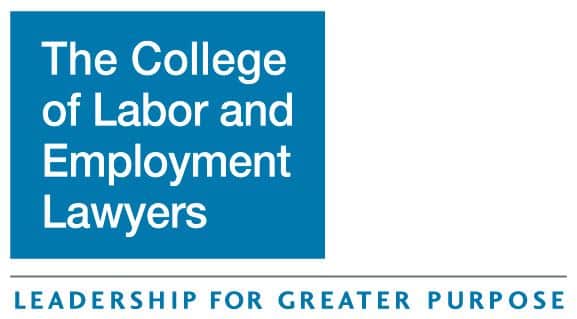In the recent case of Integrity Staffing Solutions, Inc. v. Busk, the United States Supreme Court ruled unanimously this month that a temp agency was not required to pay workers at Amazon warehouses for the time they spent waiting to go through a security screening at the end of the day. The anti-theft process at the warehouse included the employees removing their wallets, keys and belts and passing through metal detectors. The workers claimed that the screenings took up to half an hour daily, while the employer claimed that employees spent less time than that participating in the screenings.
The workers in the case sought back pay, overtime and damages under the Fair Labor Standards Act (“FLSA”). The FLSA sets a minimum hourly wage and requires overtime compensation when a covered employee works more than 40 hours in a work week. At issue in the case was whether workers could claim compensation for the time spent participating in the screenings.
The Supreme Court said the screenings were not “integral and indispensable” to the warehouse workers’ jobs, which involved retrieving products from warehouse shelves and packaging them for delivery to Amazon’s customers. The case before the Supreme Court turned on the meaning of the Portal-to-Portal Act of 1947, which said that companies did not need to pay for “preliminary” or “postliminary” activities, those that took place before and after the work day. That law was later interpreted by the Supreme Court to mean that only those tasks that are an “integral and indispensable” part of the job duties are required to be paid for by employers.
The Supreme Court disagreed with the United States Court of Appeals for the Ninth Circuit (based in California), which determined that the screenings were “integral and indispensable” because they were for the company’s benefit and were a necessary part of the workers’ jobs. On the other hand, the Supreme Court analyzed the case by determining whether the activity was tied to the productive work that the employee is hired to perform. The Court stated that for workers to be paid, the activity in question must be an intrinsic element of the job and “one with which the employee cannot dispense if he is to perform his principal activities.” The Supreme Court reversed the April 2013 ruling by the 9th U.S. Circuit Court of Appeals and ultimately held that the screening process is not a principal activity of the workers’ jobs under the Fair Labor Standards Act and therefore is not subject to compensation.
This decision is important because it highlights a current economic tension between employees who want to be paid for time they spend working (or benefitting their employer) and employers who desire to limit payroll costs associated with their business.












